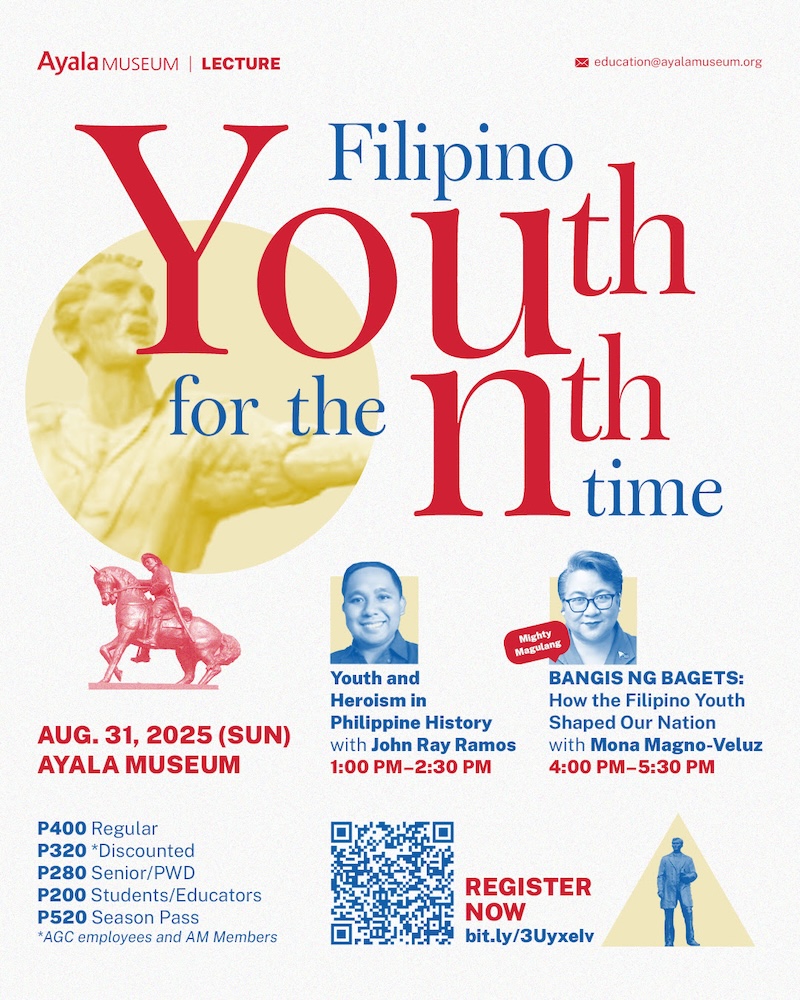
Just look at the state of our nation
I have no doubt universities want what’s best for their students and our country, but go ahead, search where our senators, congressmen, and local leaders graduated—UP, Ateneo, La Salle, UST, Harvard, UPenn, Boston, and Cornell, among others. Then look at their character and the results of their leadership. Do the names of their universities match the state of our nation?
A diploma can prove you sat in classrooms. It cannot prove you will lead with courage or honesty.
Just look at our politicians. Many paraded through elite universities. Many speak English so fluently they sound imported. The results of their leadership? Less so. Stolen funds. Broken promises. A country robbed blind. A polished accent covering a rotten conscience.
And do not be fooled by the contrary either. Some leaders without degrees swim in the same corruption, the same greed. With or without certificates, the disease of power shows itself.
Because leadership is not stamped on paper. It is not measured by grammar or accent.
Leadership is character. It is having the spine to say no to corruption. It is having the will to put the people first even if it costs you comfort.
This is where we keep failing. Most Filipinos still confuse eloquence with wisdom. We mock those who speak broken English but often trust those who sell us empty words in perfect grammar. The joke is on us.
Parents, teachers, professors, you hold the frontline. Stop treating values as mere wall slogans. Live them, teach them, reward them. Schools must raise students who value honesty and fairness as much as high grades. Celebrate integrity as loudly as we do medals.
Other countries show us this is possible. In Japan, character is not preached, it is practiced. Students clean their classrooms, hallways, and even toilets themselves. They serve meals to classmates, not wait for staff to do it. They bow in respect to teachers at the start and end of every class. They learn punctuality by trains that run on the dot, teaching respect for time. Even in sports events, Japanese fans stay behind to clean the stadium before they go home.
From an early age, Japanese children are taught the weight of shame. When they misbehave, they are made to reflect on how their actions affect their family, their classmates, their community. To cause shame is to dishonor yourself and those around you. That sense of responsibility creates leaders who think twice before betraying the trust of others.
That is how you build leaders—by living values everyday, not just memorizing them for the test the following day.





